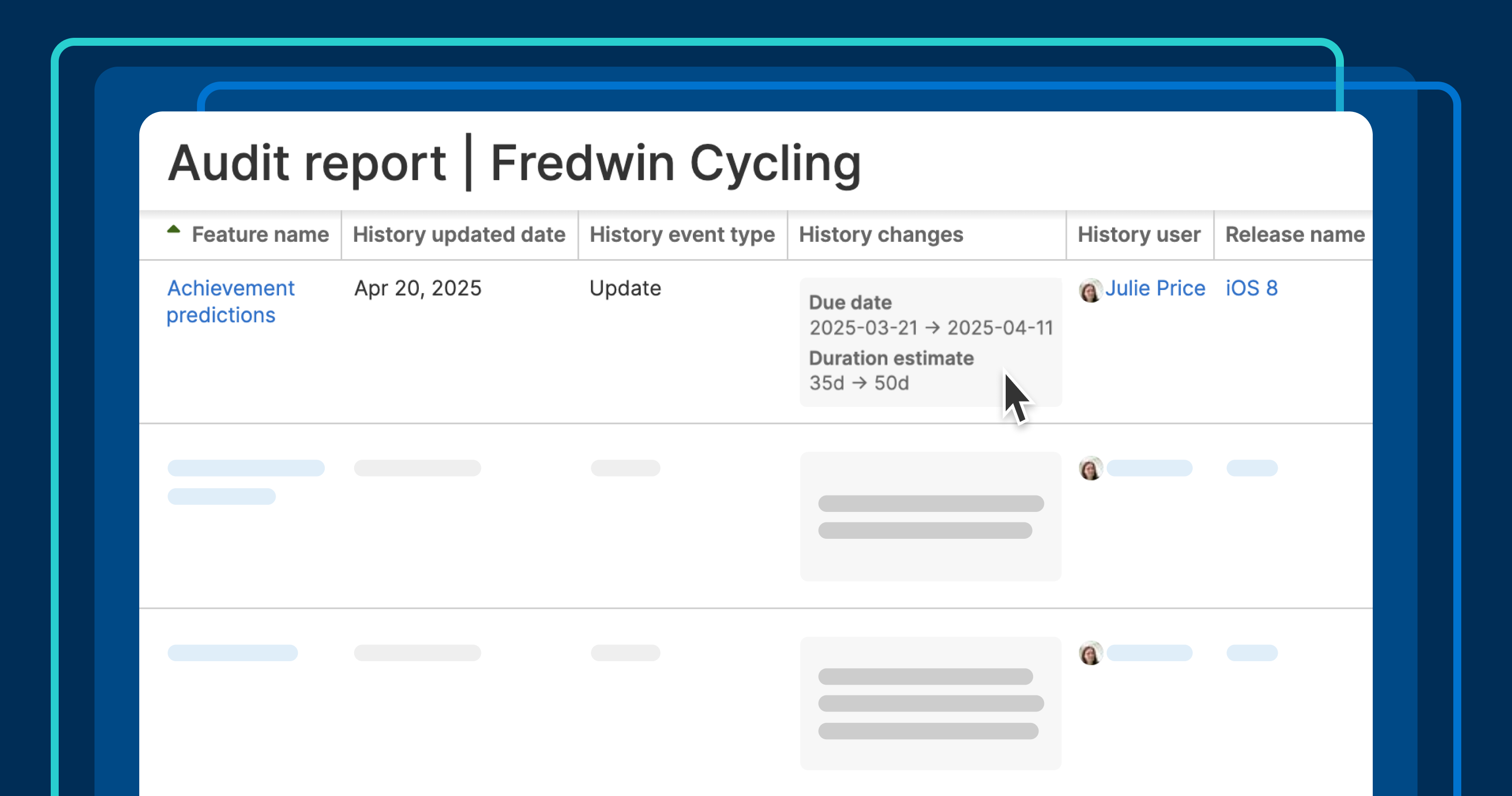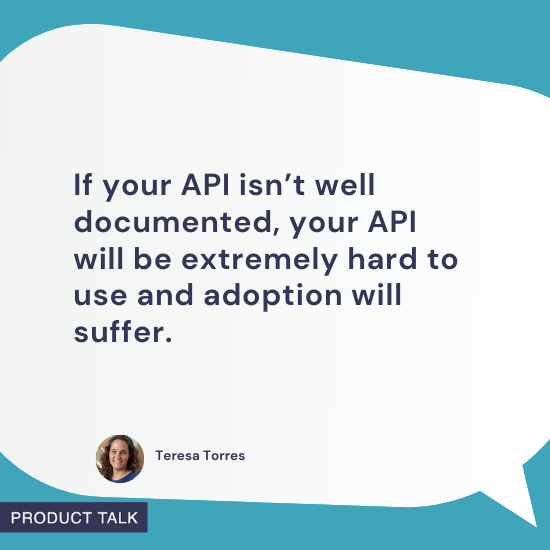Why using complex languages doesn’t always make you sound smarter
People are often under the false impression that making their language complex or using jargon enhances their credibility. That might be true in certain circumstances. If you’re an academic talking to other academics or a software engineer talking to other software engineers, using jargon makes sense. However, if you‘re talking to people outside of your field of expertise, it can alienate them. And when you alienate someone, it can cause them to switch off. It also reduces the likelihood that they take away anything useful or do what you’d like them to do. That’s probably the last thing you want to happen when communicating with someone. So if you’re prone to using jargon, you might want to consider taking the time to figure out how to communicate in simpler language. Why people use complex language Many people often use complex language because they’re insecure. When a person ties a big part of their identity to academic prowess, but they don’t feel particularly successful, they can use complexity to serve as a “security blanket” that hides them. It’s a way of making people perceive them as clever, or even obfuscate the truth. After all, it’s a lot harder to question or challenge something that your conversation partner doesn’t understand. Secondly, many gifted executives simply lack social awareness. Unfortunately, many leaders don’t give emotional intelligence the same weight they assign to developing technical expertise when climbing the corporate ladder. Quite simply, that means that there’s a disconnect between what you find meaningful and important as the communicator, and what your audience finds meaningful. And when you choose to ignore the audience’s perspective in your communication, issues arise. If you want the audience to listen to what you have to say, you need to consider how your audience would prefer to consume the information. Once you have that information, you can present the information in a way that will engage them and make them more likely to listen to you. The best communicators communicate simply I’ve heard the argument before that history, physics, software engineering, and so on, are too complex to explain in a nontechnical way. I disagree. It is always possible distill complex subject matter down to simple language for a nontechnical audience. My argument is to look at Professor Brian Cox, who is a professor of particle physics at the University of Manchester. Few subjects are as complex as astrophysics. Yet Professor Cox explained it so well and so simply that he filled auditoriums on a Friday night with people wanting to learn about physics. If he can do it, anyone can do it. It simply comes down to whether you’re prepared to put in the effort to learn the art of simple communication. The “acid test” for simple communication I often use this question with my clients: “Would a 10-year-old child understand what you just said?” If the answer to that question is no, then, I encourage my clients to go back to basics. In the same way that children’s stories often contain an underlying message, you can use analogies and stories to engage your audience, evoke emotion, and simplify complex topics. Understanding what matters to your audience If you’re trying to convince people to take a specific course of action, it will benefit you to walk people through it in a clear, step-by-step way. To do that well, you need to get into the mind of the audience and use the language that they use, not the language that you are comfortable with. Whether you are talking to the board or trying to convince a customer to buy—you need to understand the factors that will convince them. Make sure to find out what’s important to them and structure your communication around those key things. Being a successful executive shouldn’t be about being the smartest-sounding person in a room. Rather, it’s about being able to persuade and influence others to buy in and work towards your vision. No amount of jargon is going to do that, but distilling complex concepts down in a way that your employees understand can go a long way.

People are often under the false impression that making their language complex or using jargon enhances their credibility.
That might be true in certain circumstances. If you’re an academic talking to other academics or a software engineer talking to other software engineers, using jargon makes sense. However, if you‘re talking to people outside of your field of expertise, it can alienate them.
And when you alienate someone, it can cause them to switch off. It also reduces the likelihood that they take away anything useful or do what you’d like them to do.
That’s probably the last thing you want to happen when communicating with someone. So if you’re prone to using jargon, you might want to consider taking the time to figure out how to communicate in simpler language.
Why people use complex language
Many people often use complex language because they’re insecure. When a person ties a big part of their identity to academic prowess, but they don’t feel particularly successful, they can use complexity to serve as a “security blanket” that hides them.
It’s a way of making people perceive them as clever, or even obfuscate the truth. After all, it’s a lot harder to question or challenge something that your conversation partner doesn’t understand.
Secondly, many gifted executives simply lack social awareness. Unfortunately, many leaders don’t give emotional intelligence the same weight they assign to developing technical expertise when climbing the corporate ladder. Quite simply, that means that there’s a disconnect between what you find meaningful and important as the communicator, and what your audience finds meaningful. And when you choose to ignore the audience’s perspective in your communication, issues arise.
If you want the audience to listen to what you have to say, you need to consider how your audience would prefer to consume the information. Once you have that information, you can present the information in a way that will engage them and make them more likely to listen to you.
The best communicators communicate simply
I’ve heard the argument before that history, physics, software engineering, and so on, are too complex to explain in a nontechnical way. I disagree. It is always possible distill complex subject matter down to simple language for a nontechnical audience.
My argument is to look at Professor Brian Cox, who is a professor of particle physics at the University of Manchester. Few subjects are as complex as astrophysics. Yet Professor Cox explained it so well and so simply that he filled auditoriums on a Friday night with people wanting to learn about physics.
If he can do it, anyone can do it. It simply comes down to whether you’re prepared to put in the effort to learn the art of simple communication.
The “acid test” for simple communication
I often use this question with my clients: “Would a 10-year-old child understand what you just said?”
If the answer to that question is no, then, I encourage my clients to go back to basics. In the same way that children’s stories often contain an underlying message, you can use analogies and stories to engage your audience, evoke emotion, and simplify complex topics.
Understanding what matters to your audience
If you’re trying to convince people to take a specific course of action, it will benefit you to walk people through it in a clear, step-by-step way.
To do that well, you need to get into the mind of the audience and use the language that they use, not the language that you are comfortable with.
Whether you are talking to the board or trying to convince a customer to buy—you need to understand the factors that will convince them. Make sure to find out what’s important to them and structure your communication around those key things.
Being a successful executive shouldn’t be about being the smartest-sounding person in a room. Rather, it’s about being able to persuade and influence others to buy in and work towards your vision. No amount of jargon is going to do that, but distilling complex concepts down in a way that your employees understand can go a long way.



































































































![Building A Digital PR Strategy: 10 Essential Steps for Beginners [With Examples]](https://buzzsumo.com/wp-content/uploads/2023/09/Building-A-Digital-PR-Strategy-10-Essential-Steps-for-Beginners-With-Examples-bblog-masthead.jpg)





![How One Brand Solved the Marketing Attribution Puzzle [Video]](https://contentmarketinginstitute.com/wp-content/uploads/2025/03/marketing-attribution-model-600x338.png?#)































